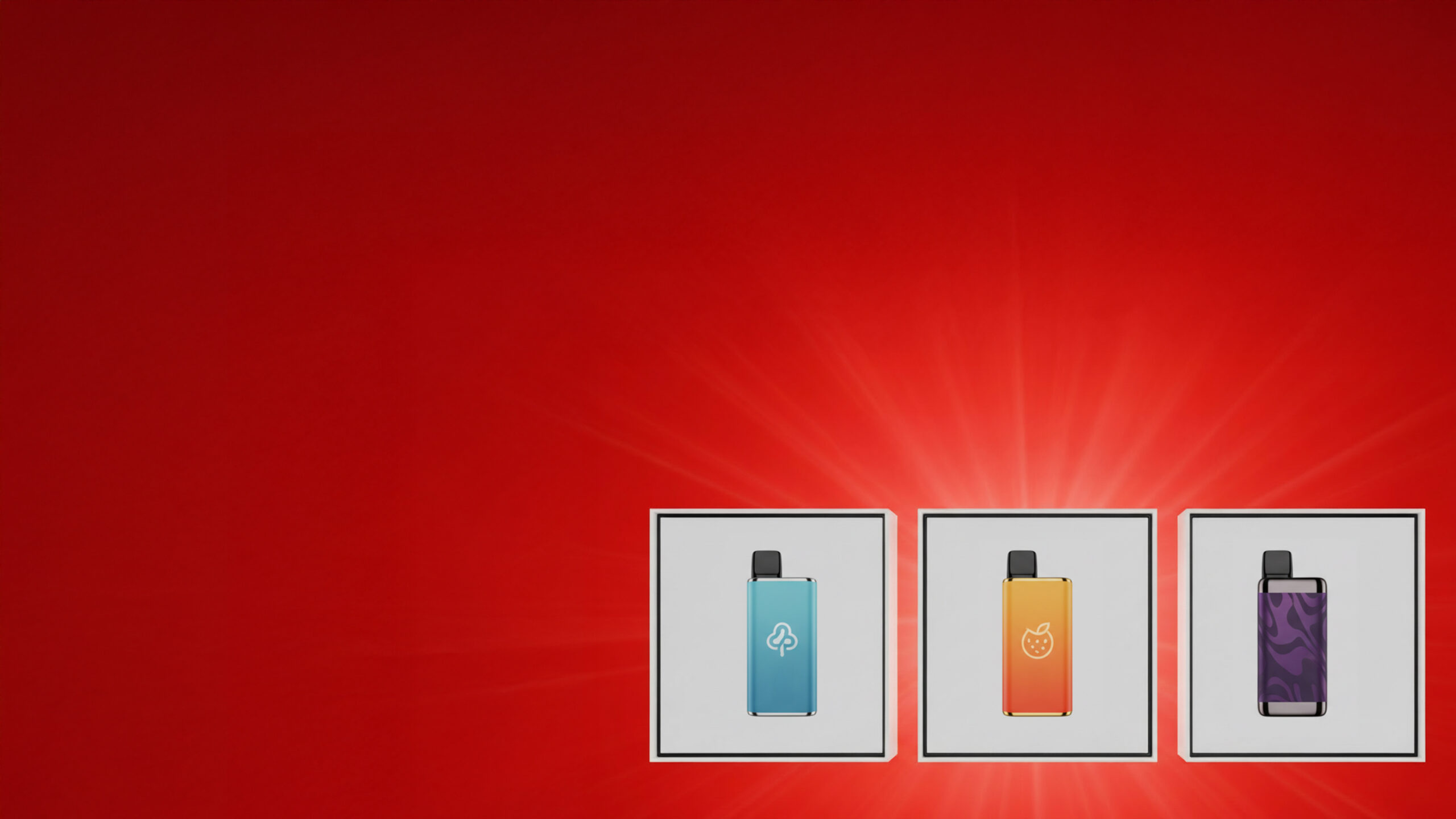A guarantee is an obligation of the entrepreneur that goes beyond the mere warranty. But when does a guarantee exist in the legal sense? Is a satisfaction guarantee such a guarantee? The European Court of Justice provides answers.
LACD sells sports and fitness products under the LACD trademark through retail and online retailers. At least until 2013, it affixedhang tags to its T-shirts with the following text (hereinafter: LACD declaration):
Every LACD product comes with our own lifetime guarantee. If you are not completely satisfied with any of our products, please return it to the retailer where you purchased it. You can also return it directly to ‘LACD’, but remember to tell us where and when you bought it.
The competitor BB-Sport was of the opinion that the information on this hangtag did not meet the legal requirements for a guarantee declaration and asserted claims for injunctive relief.
The case ultimately ended up before the Federal Court of Justice. It had doubts as to whether the lack of “consumer satisfaction with the purchased goods” was a “requirement other than freedom from defects” and thus a guarantee in the legal sense. The BGH referred the case to the ECJ.
ECJ on the satisfaction guarantee
The Luxembourg judges ruled with Judgment of 28.09.2023 – Ref. C-133/22 that a guarantee of satisfaction is also a guarantee in the legal sense.
European law defines a commercial guarantee as any obligation of the trader or a manufacturer (guarantor) towards the consumer, in addition to the statutory warranty, to refund the purchase price or to replace or repair the goods or provide services for them if they do not have the characteristics or do not meet the requirements other than freedom from defects that are described in the guarantee statement or the relevant advertising as available at or before the conclusion of the contract.
This would include any obligation of the guarantor towards the consumer concerned “in addition to the statutory warranty”. This broad scope of application is not affected by the fact that the customer’s satisfaction cannot be determined objectively. In this case, the mere assertion of the consumer must be sufficient.
Conclusion
Companies must be careful when using the term guarantee. According to the ECJ, a guarantee in the legal sense may then regularly exist. The consequence of this would be that a guarantee declaration must be issued that meets the legal requirements. If these requirements are not met, there is a risk of cease and desist letters due to a breach of competition law.







